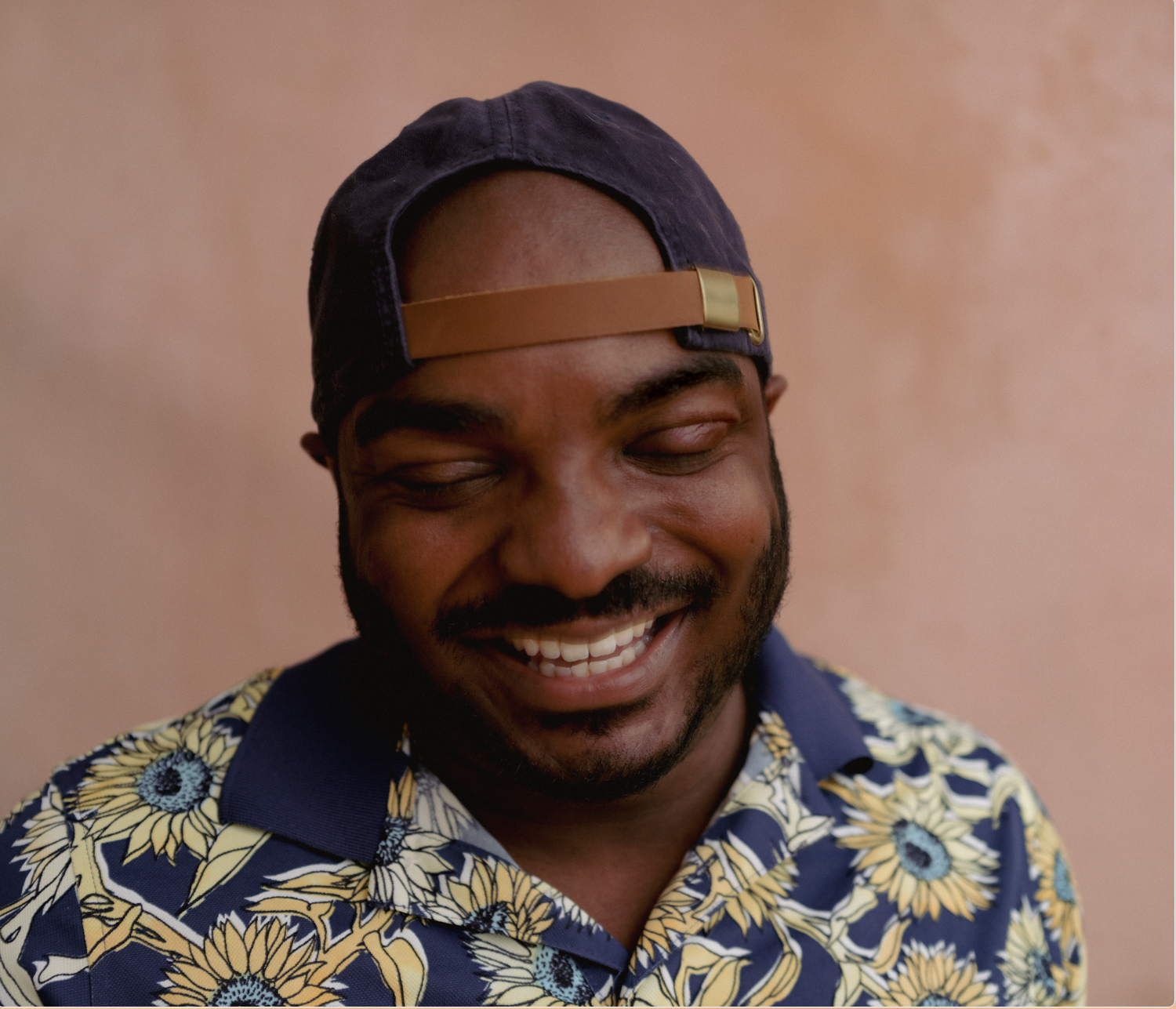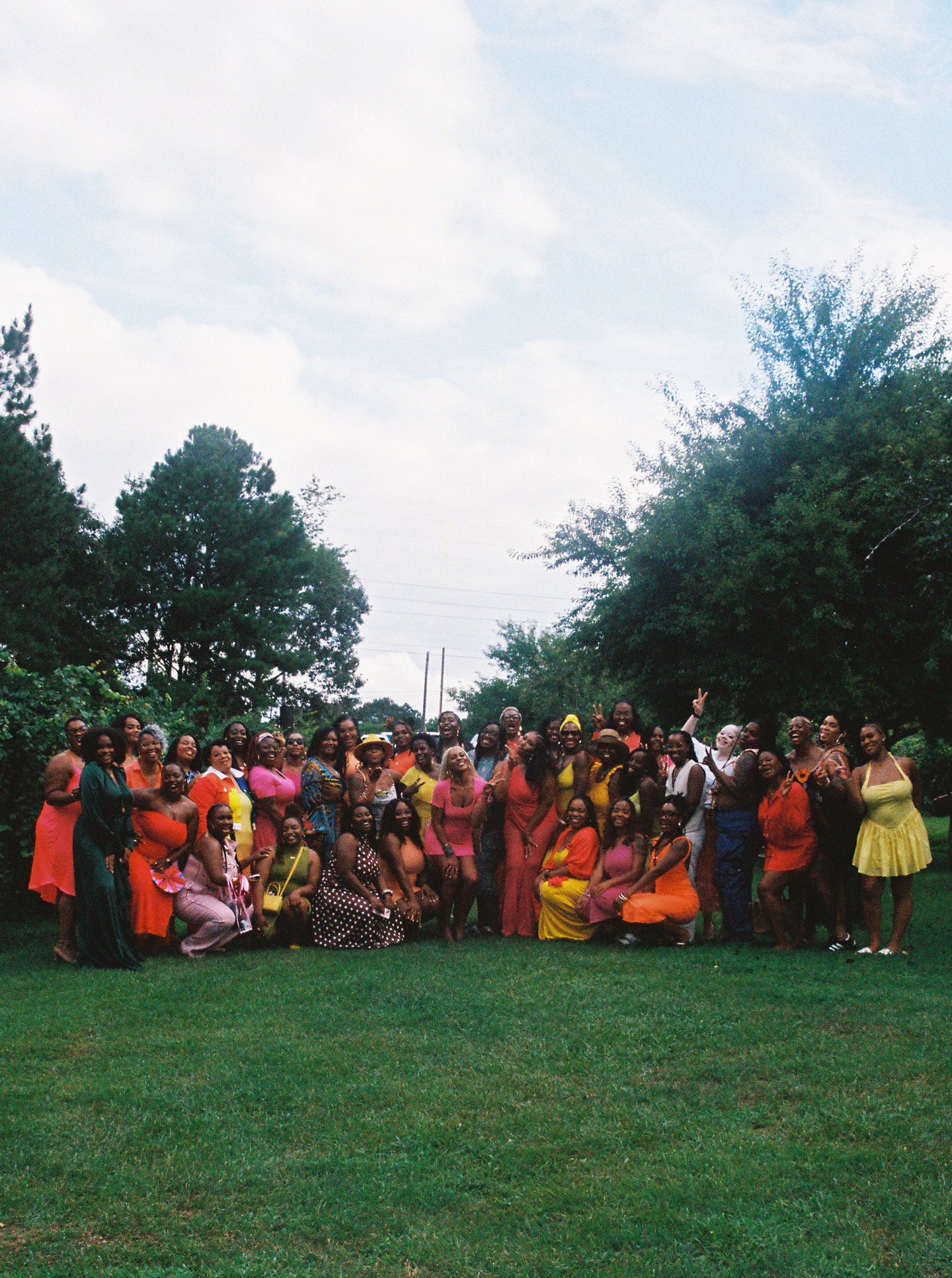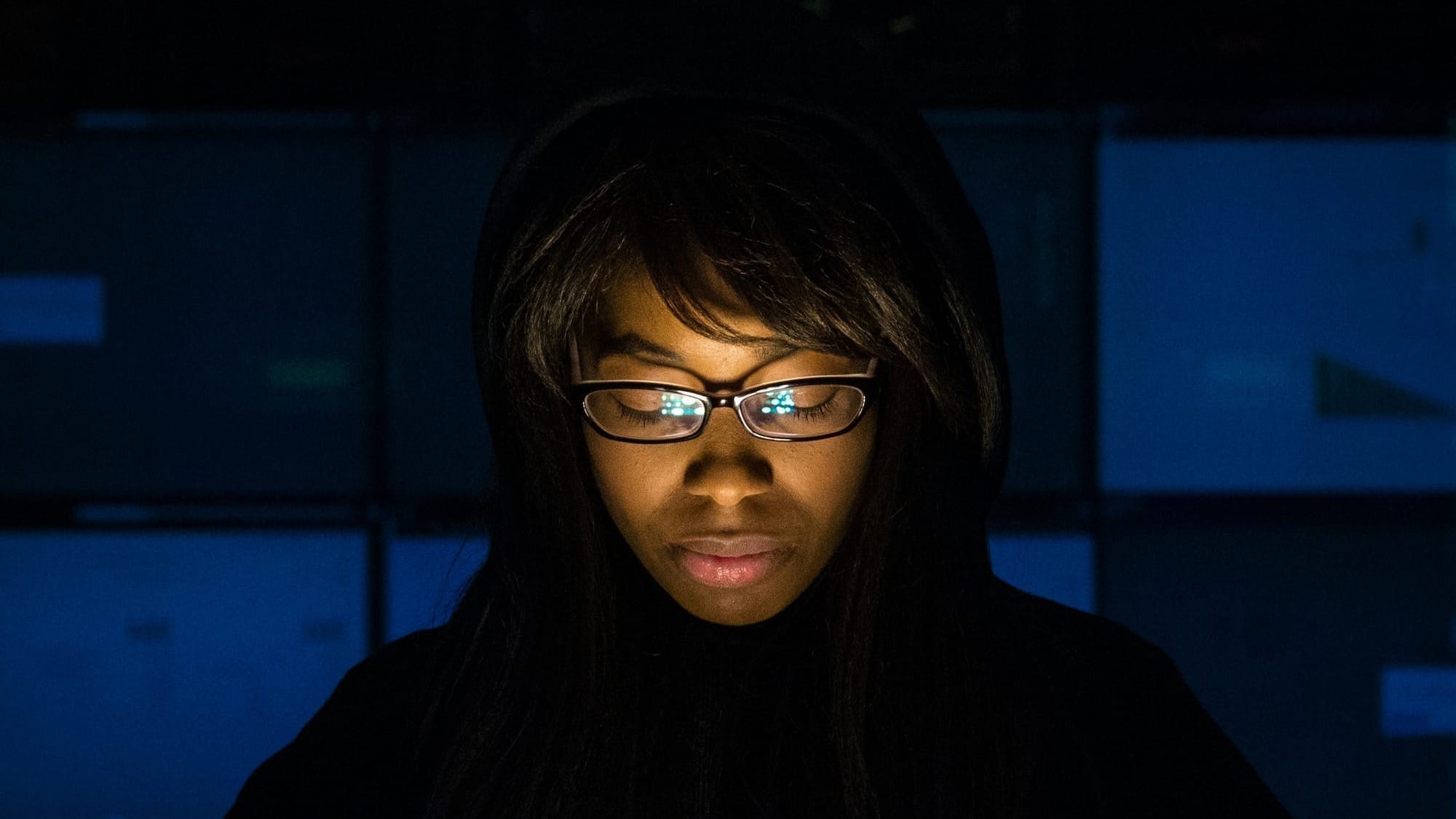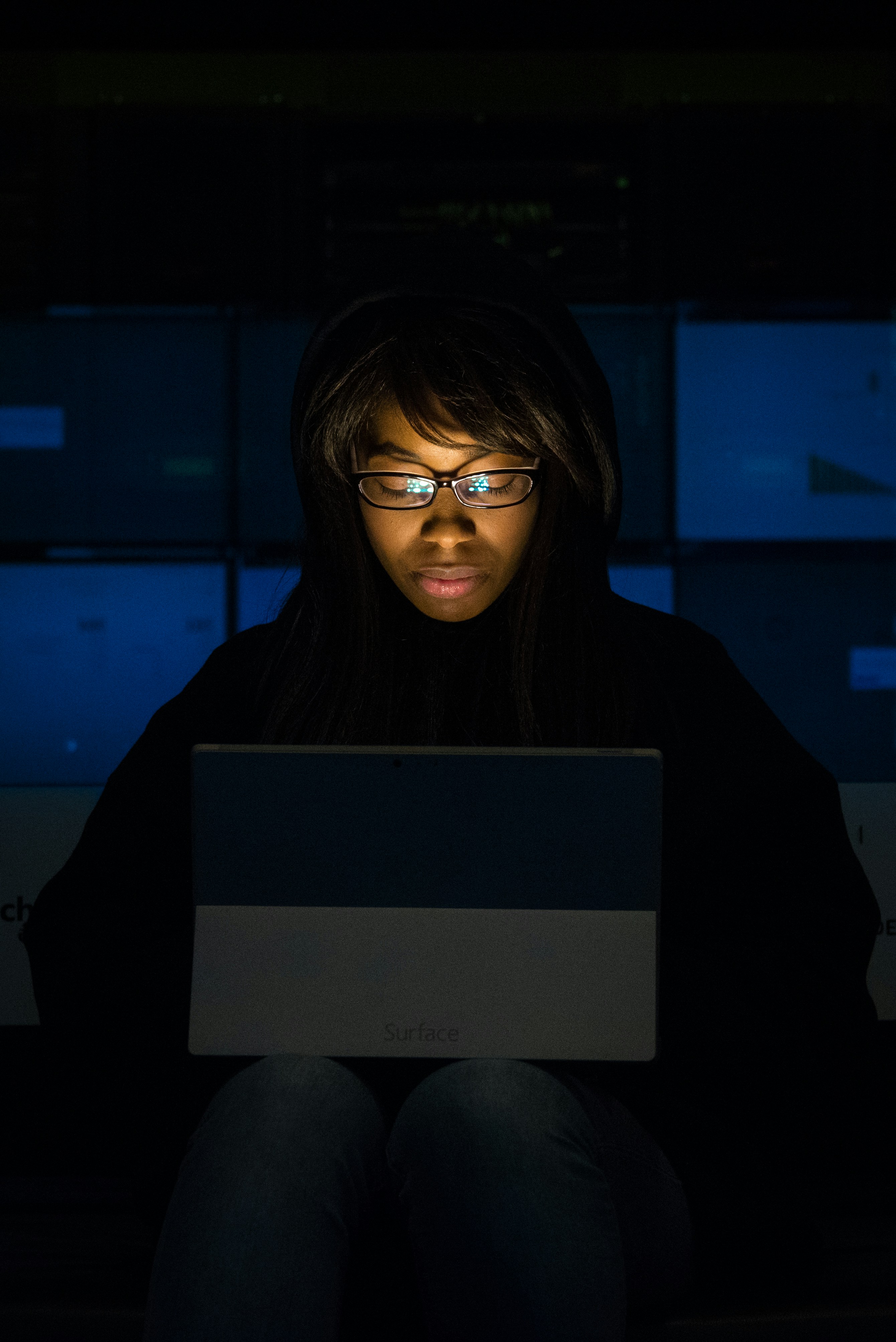Read by 4th: Inside Philadelphia’s Movement to Close the Literacy Gap
Philadelphia’s literacy crisis has long mirrored the city’s broader educational inequities. With 60 percent of fourth graders reading below grade level, the challenge is both systemic and deeply entrenched. But amid these realities, a quiet but determined movement has taken root.
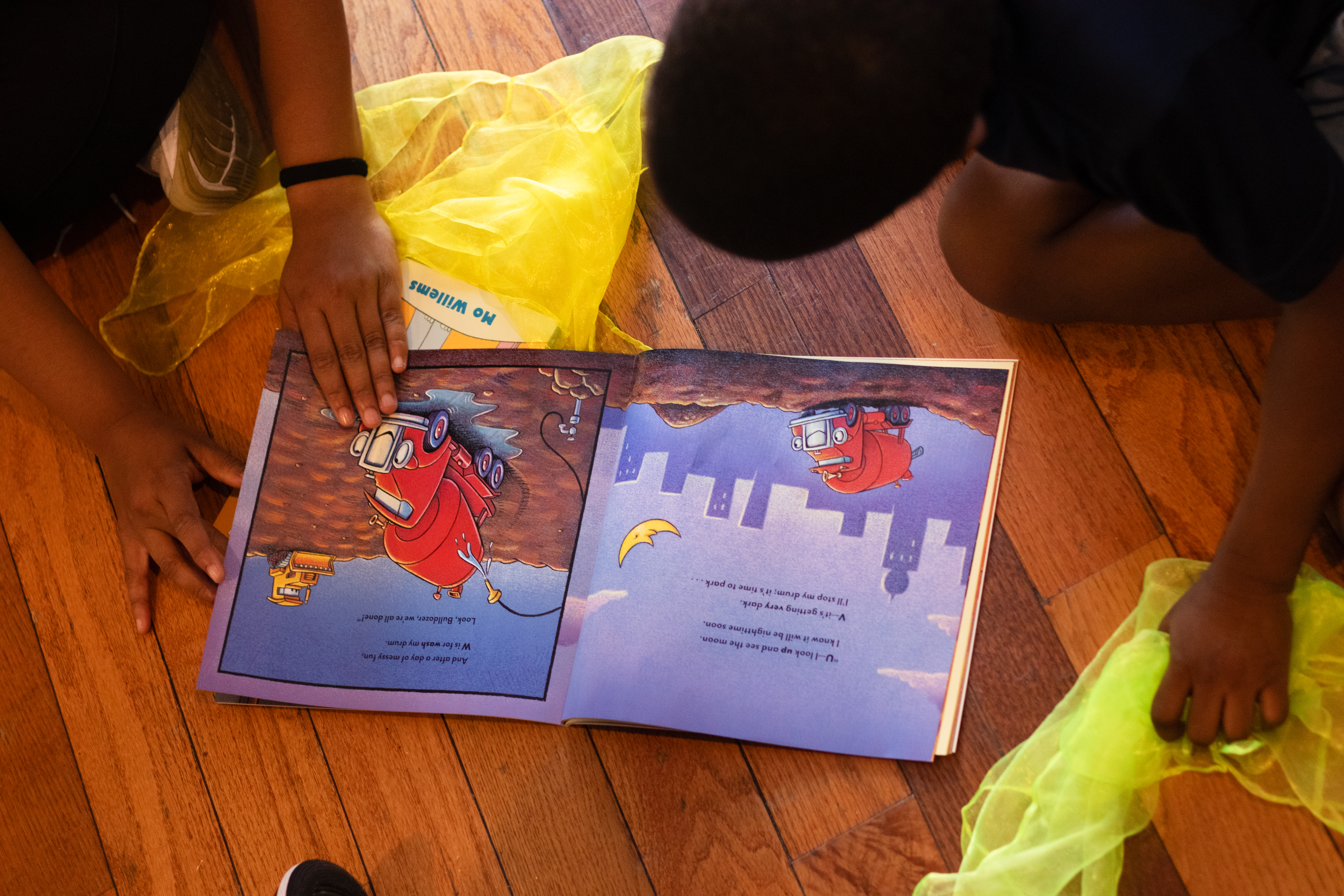
Philadelphia’s literacy crisis has long mirrored the city’s broader educational inequities. With 60 percent of fourth graders reading below grade level, the challenge is both systemic and deeply entrenched. But amid these realities, a quiet but determined movement has taken root. Read by4th, a citywide campaign led by the Free Library of Philadelphia Foundation and more than 130 partner organizations, is working toward a bold goal: to ensure that every child in Philadelphia reads on grade level by the time they enter fourth grade.
“Reading is a gateway skill to life,” says Jenny Bogoni, Chief of Community Engagement and Public Programming at the Free Library of Philadelphia Foundation. “It’s foundational, because without it, everything else becomes harder. This is about unlocking opportunity.”
The campaign launched in 2015 and has since become one of the largest and most coordinated early literacy efforts in the nation. What sets it apart is its broad-based approach. Rather than relying on one strategy, Read by 4th combines family engagement, access to books, school attendance, early childhood education, and public awareness to address the many barriers that prevent children from becoming strong readers.
The campaign is grounded in research showing that third-grade reading proficiency is one of the strongest predictors of future academic and life success. Children who aren’t reading at grade level by fourth grade are four times more likely to drop out of high school. The stakes are especially high for Black and Latino students, who are disproportionately affected by poverty, underfunded schools, and limited access to resources.
The effort’s focus on equity is intentional. In 2023, only 31 percent of Black fourth graders in Philadelphia were reading at grade level, according to the Pennsylvania Department of Education. For Latino students, that number was 23 percent. These statistics are sobering, but they also fuel the urgency behind Read by 4th’s work.
“This is generational work,” Bogoni says. “We’re not going to test-score our way out of this, but we can build a city where every child has a real shot at success. That starts with literacy.”
One of the campaign’s flagship initiatives is the Reading Captains program, which has trained more than 1,000 community members since its inception. These volunteer ambassadors distribute literacy resources in their neighborhoods and serve as trusted messengers who encourage reading habits in everyday settings like barbershops, churches, and shelters. While the captains themselves remain largely unquoted here, their impact is deeply felt throughout the campaign.
Another cornerstone of Read by 4th is its commitment to putting books directly into the hands of families. Since the campaign began, more than one million books have been distributed to children through pediatricians, libraries, rec centers, and special events. In a city where many homes have fewer than ten children’s books, these efforts are about more than access—they’re about fostering a culture where reading is seen as joyful, familiar, and woven into the fabric of daily life.
To combat summer learning loss, Read by 4th supports literacy-rich summer camps and learning programs. Children who participate in these programs typically maintain or even improve their reading skills, compared to peers who may experience learning declines over the summer months. This work is part of a broader commitment to year-round literacy engagement, not just during the school year.
Public programming also plays a central role. From citywide book parades to story time pop-ups and cultural festivals featuring children’s authors, the campaign aims to make reading fun and inclusive. Events are held in libraries, parks, and neighborhood corridors to ensure that all families—regardless of zip code—have the opportunity to participate.
One beloved example of this creative engagement is The ABCs of Philly, an alphabet book that uses city-specific references like water ice, SEPTA, and soft pretzels to teach young readers their letters while celebrating their hometown. The book has been distributed in thousands of classrooms and homes across Philadelphia, serving as both a learning tool and a point of pride.
The campaign also collaborates with the School District of Philadelphia and early childhood education providers to strengthen reading instruction and early learning. Read by 4th offers professional development for educators, literacy toolkits for families, and bilingual resources to support English language learners.
Family engagement remains a critical pillar of the campaign. Read by 4th partners with caregivers to position them as their child’s first teacher. Through home visits, workshops, and online resources, families are given practical tools and encouragement to support literacy development at home. This approach is grounded in respect and empowerment, recognizing that caregivers bring valuable insights and experiences to their children’s education.
Changing that culture is also about healing. For many families, decades of disinvestment and systemic racism has eroded trust in schools and institutions. Read by 4th seeks to restore that trust through consistency, respect, and relationship-building. By meeting families where they are, in both literal and figurative ways, the campaign helps create spaces where reading can thrive.
The results of these efforts are encouraging. Since the campaign’s launch, the percentage of children reading on grade level by fourth grade has increased by nearly 7 percentage points. While that progress may seem incremental, it translates into thousands of children who are better prepared to succeed in school and beyond.
Perhaps just as important are the shifts in public awareness and civic responsibility. The campaign has helped reframe literacy as a shared concern, not just a job for teachers or schools, but a citywide commitment that includes everyone from pediatricians to librarians, grandparents to block captains.
Bogoni is hopeful about what lies ahead. She points to new partnerships on the horizon, including expanded work with public housing agencies and arts organizations, as well as deeper collaborations with neighborhood schools and childcare providers. “We can’t do this work alone,” she says. “Every caring adult, every organization that touches the lives of kids has a role to play. ”As Read by 4th enters its next phase, the campaign continues to evolve while staying rooted in its mission: to ensure that all Philadelphia children become confident, joyful readers.
It’s a vision of possibility, of children curled up with books, of parents reading bedtime stories, of libraries bustling with energy, of neighbors investing in one another’s futures.
